Marine biologist Brooke Anderson discovered an unexpected predation event. A satellite tag on a pregnant porbeagle shark showed unusual data.
The tag indicated a sudden temperature increase and early detachment. This discovery led to the first documented case of porbeagle shark predation.
Porbeagle Sharks: Powerful Predators Facing Threats

Porbeagle sharks can grow up to 12 feet long. They inhabit the Atlantic Ocean, South Pacific, and Mediterranean Sea.
These sharks live up to 65 years and are related to great whites. However, they face threats from overfishing and habitat loss.
Unique Reproduction: Slow Process with Strong Offspring
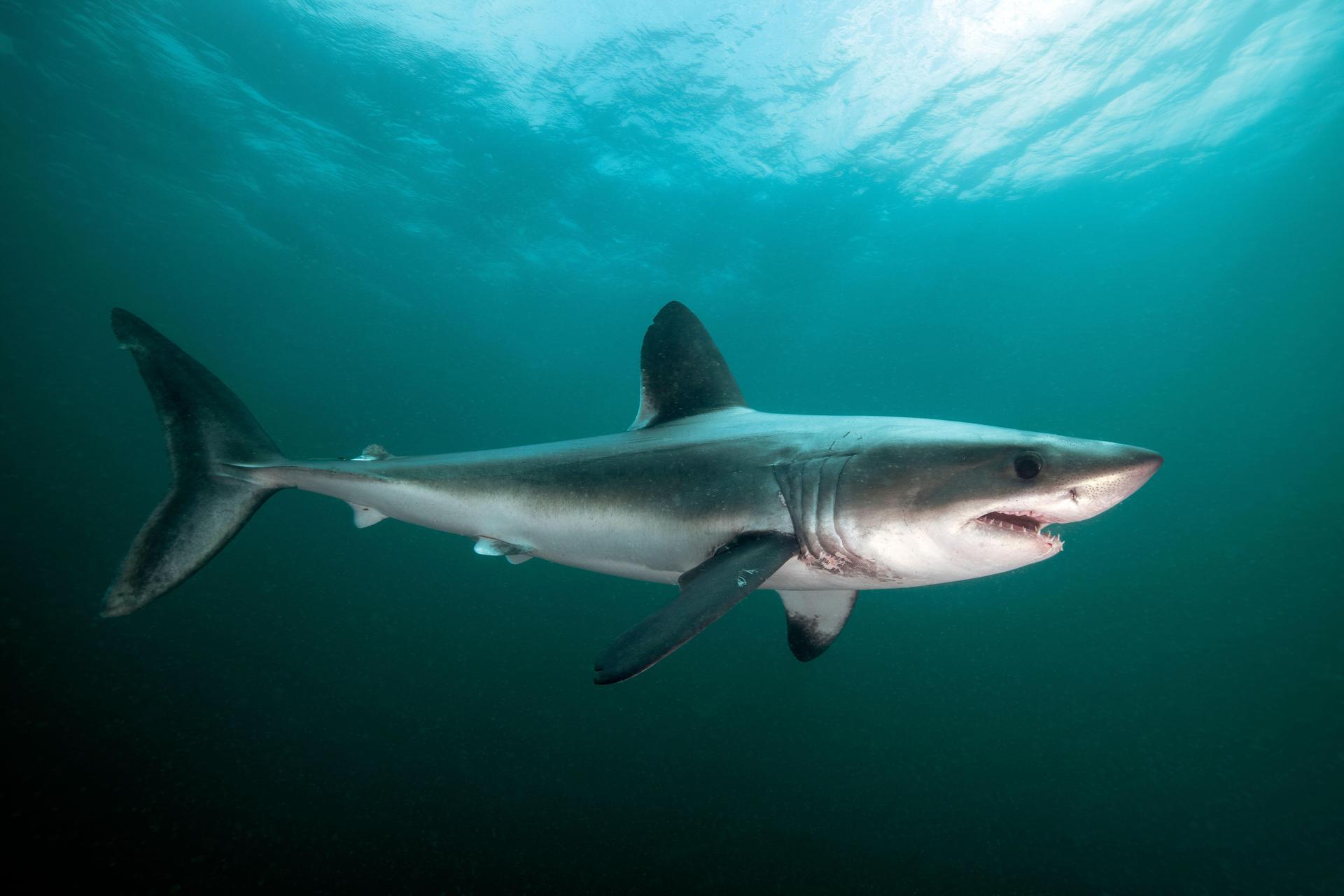
Female porbeagles reproduce every one to two years. They give birth to an average of four pups after 8-9 months.
The sharks practice oophagy, where pups eat unfertilized eggs in utero. This process results in large, robust offspring at birth.
Conservation Concerns: Vulnerable Species Under Pressure
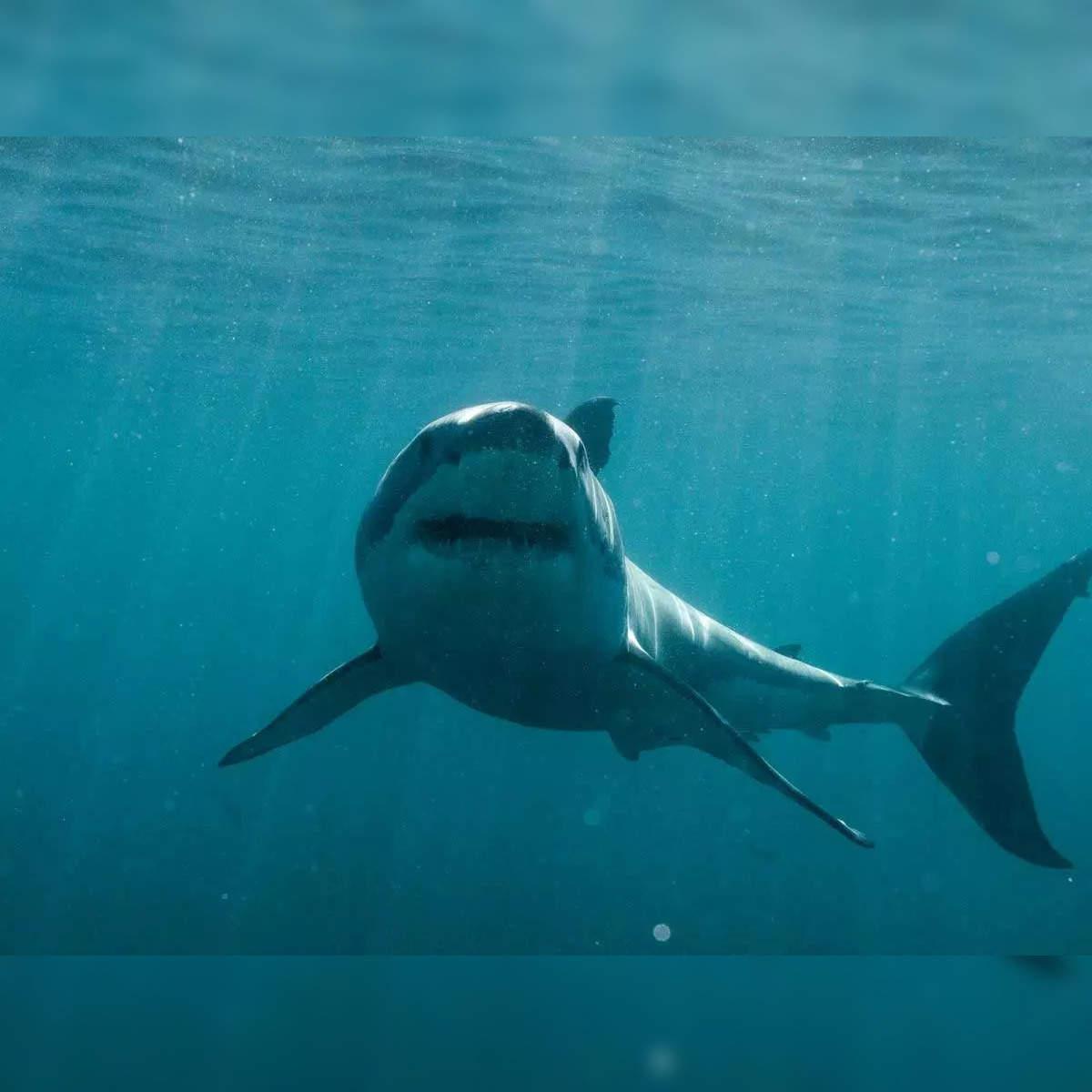
The IUCN lists Northwest Atlantic porbeagles as vulnerable. Northeast Atlantic and Mediterranean populations are critically endangered.
Slow reproduction rates hinder population recovery. The discovery of predation adds a new concern for conservationists.
Tagging Technology: Unveiling Shark Migration Mysteries
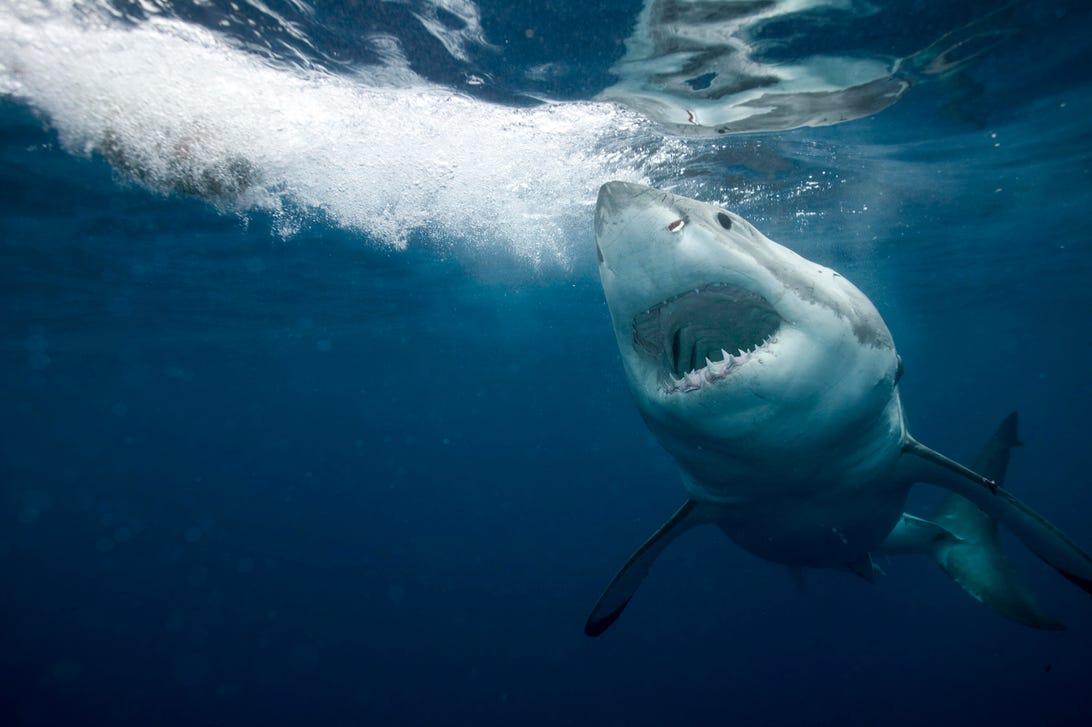
Researchers used two types of satellite tags on porbeagles. Fin-mount transmitters track location when fins surface.
Pop-off satellite archival tags (PSATs) measure depth and temperature. This technology provides crucial data on shark behavior and habitat use.
Unexpected Data: Clues to a Predation Event
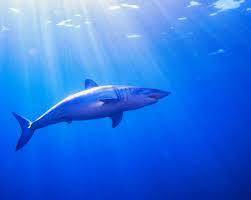
The pregnant shark’s PSAT transmitted unexpectedly off Bermuda. It showed consistent temperature and depth for four days.
This data suggested the shark had been eaten. The predator likely excreted the tag after consumption.
Suspects: Great White or Shortfin Mako?
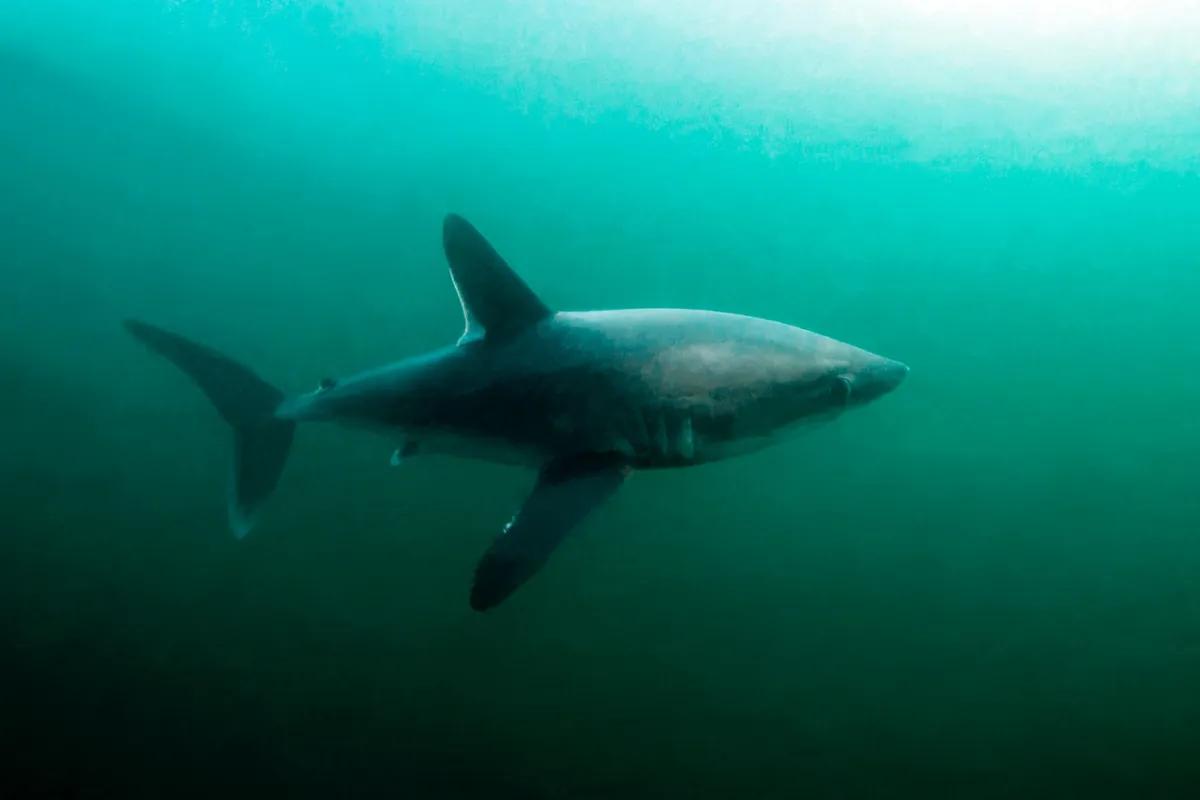
Researchers believe a great white or shortfin mako ate the porbeagle. Both species inhabit the area and are large enough.
The team leans towards a great white as the culprit. Shortfin makos typically show different diving patterns than observed.
Apex Predators: Complex Food Chain Dynamics
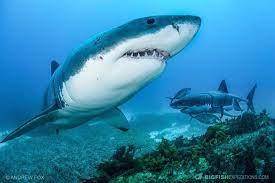
The study reveals complexities in shark predator-prey relationships. Large sharks were considered apex predators with few threats.
This discovery challenges that assumption. It highlights the need for further research on marine ecosystem dynamics.
Conservation Implications: New Threat to Recovery
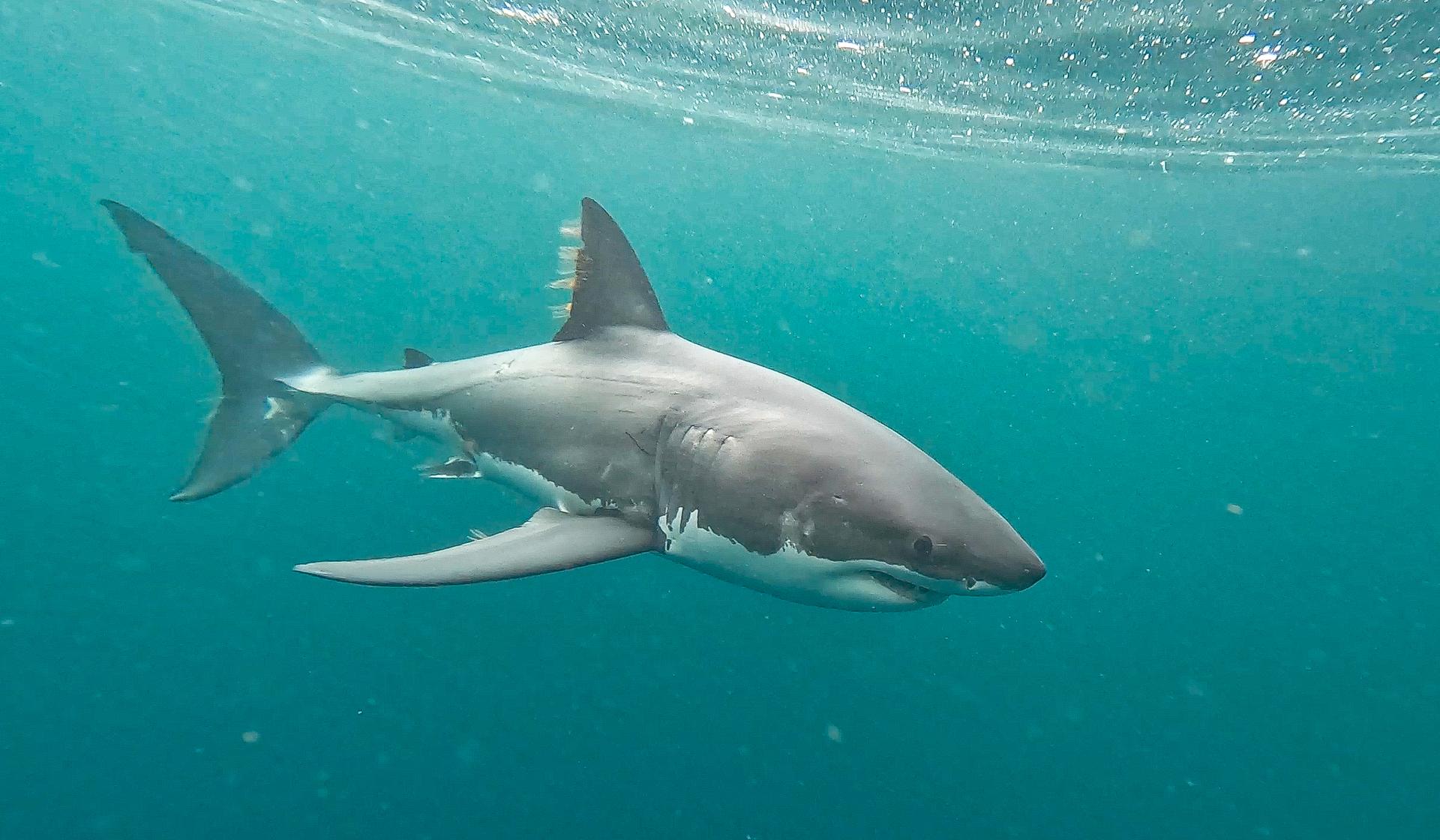
Predation on pregnant females could impact population recovery. It adds to existing pressures from human activities.
This finding emphasizes the need for comprehensive conservation strategies. Protecting breeding grounds becomes even more crucial.
Future Research: Unraveling Marine Mysteries
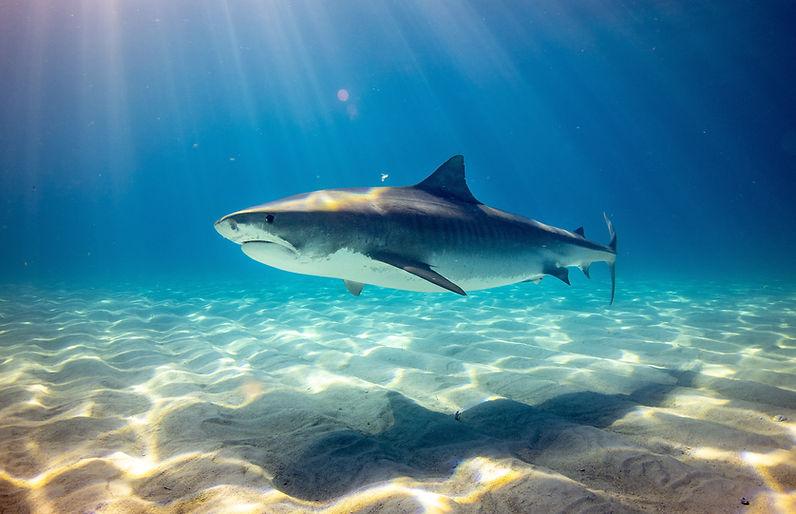
This study opens new avenues for shark research. It demonstrates the value of satellite tagging technology.
Scientists plan to investigate predator-prey interactions further. This work could reshape our understanding of marine ecosystems.

